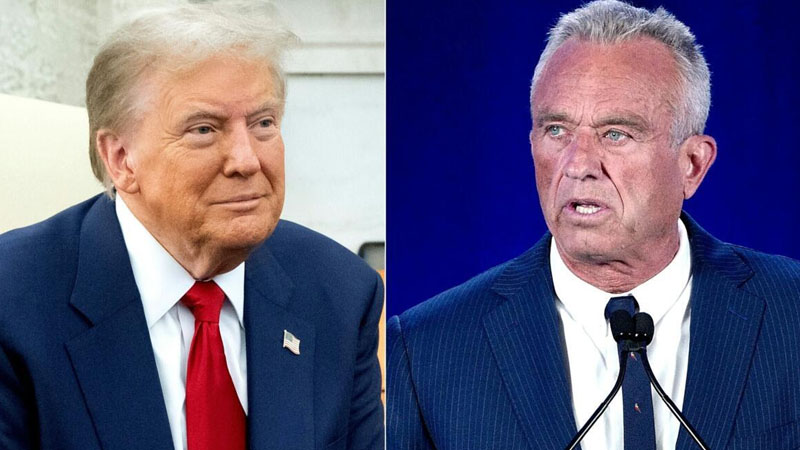Trump’s Tariff Plan Could ‘Backfire’ and Hurt Americans, Warns Politico Analyst

(Image Source: Anna Moneymaker/Getty Images)
President-elect Donald Trump’s proposed tariff strategy, aimed at revitalizing American manufacturing, risks backfiring and achieving the opposite effect, according to Matthew C. Klein’s analysis in Politico Magazine. Economists have broadly criticized Trump’s plan to impose hefty tariffs on China, Canada, and Mexico, warning that it could lead to steep price hikes and economic fallout.
Klein acknowledges that Trump is addressing a real issue: the decline in U.S. manufacturing competitiveness. “Since 2000, production has fallen between 10 percent and 30 percent in many strategically significant industries, including machinery, electrical equipment, chemicals, and metalworking,” Klein wrote.
While some sectors like motor vehicles and semiconductors have fared better, they are still facing growing threats from global competition. Klein cautioned that, if trends continue, “those industries that survived the losses of prior decades could end up displaced by producers in hostile countries.”
However, Klein argues that Trump’s reliance on tariffs as the primary solution is fundamentally flawed and likely to “backfire.” “Tariffs are taxes paid by importers on goods coming across the border,” Klein explained, adding that Trump appears to misunderstand this key aspect.

While tariffs could theoretically make U.S.-made goods more competitive domestically, they would also force American consumers to pay more for the same products. “Those gains would only come at the cost of forcing American consumers to spend more money to buy the same (or fewer) goods, which would mean there is less money available for everything else.”
Klein criticized Trump for missing these “nuances” and warned that excessively high tariffs could trigger severe economic consequences. “Imposing ‘universal’ tariffs high enough to force those imports to fall by more than 40 percent to close the trade deficit would likely involve a severe economic downturn that hurts Americans more than anyone else,” Klein wrote.
He pointed to the pandemic’s impact on supply chains as evidence that rapidly increasing domestic production to fill the gap left by imports is not a feasible solution. Ultimately, Klein predicted that Trump’s tariff policies would be thwarted by countervailing economic forces, just as they were during his first term.
“Slapping tariffs on other countries’ goods and gutting his predecessor’s achievements might delight Trump in the moment,” Klein concluded, “but they’ll only make it harder for him to make American manufacturing great again.” The analysis underscores the risks of Trump’s trade policies, highlighting the potential for economic pain and minimal long-term benefits.


